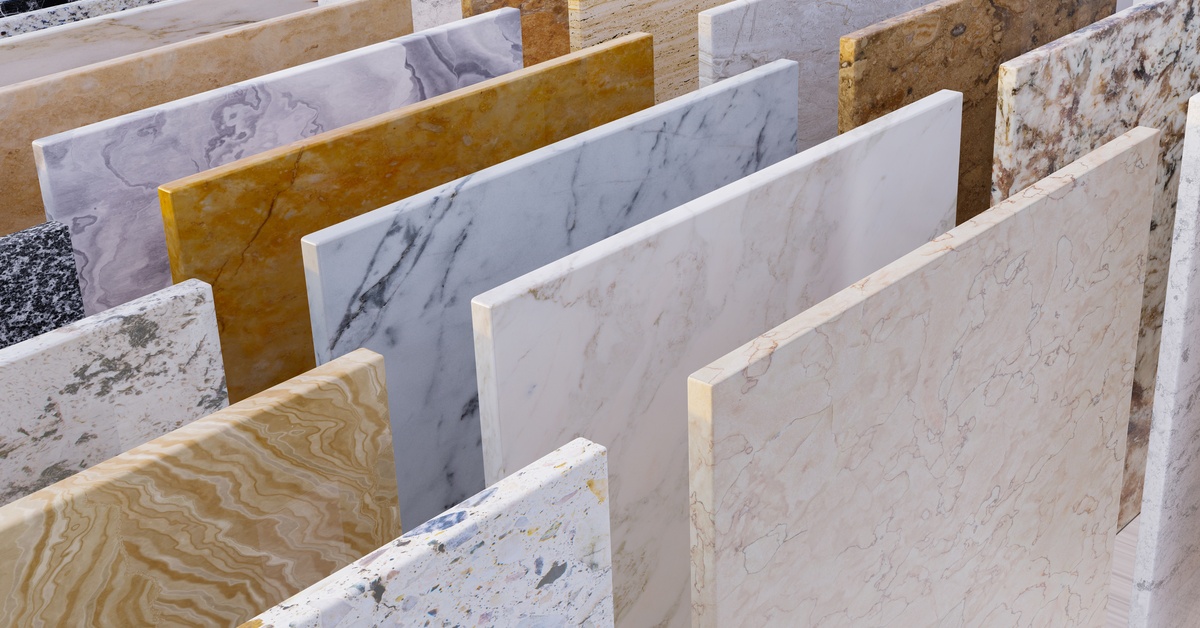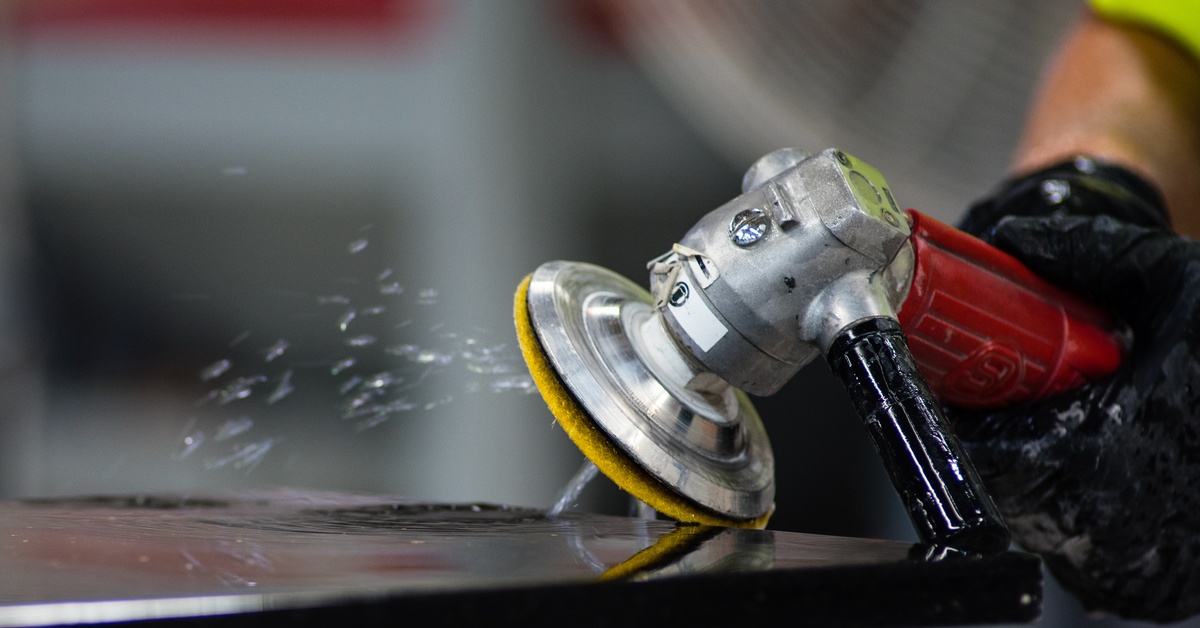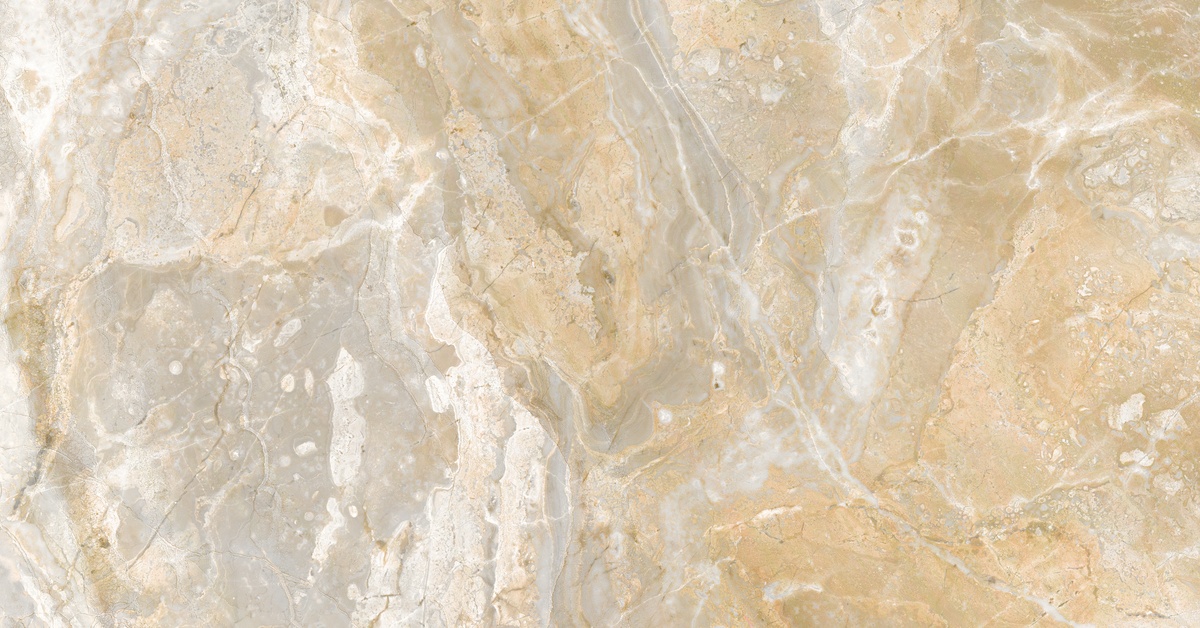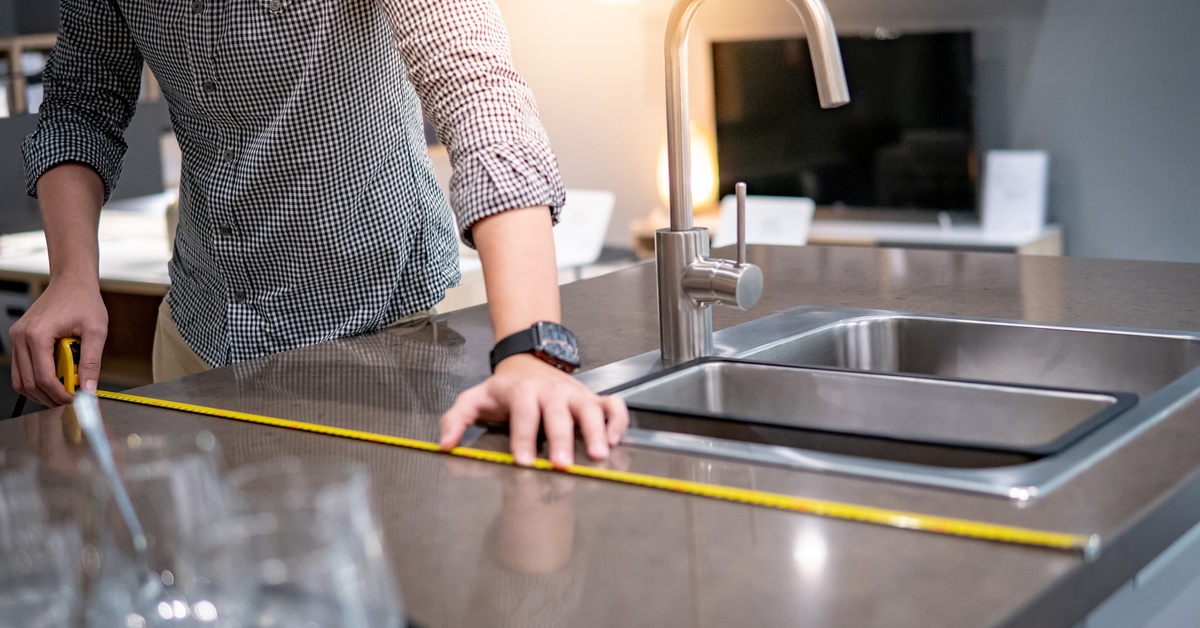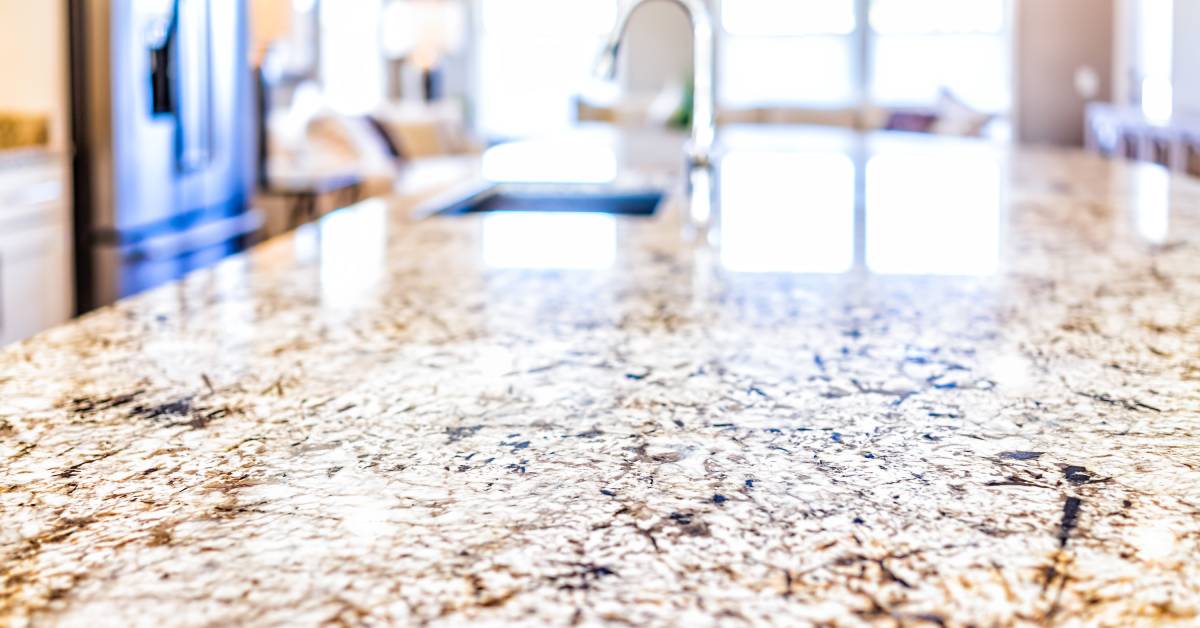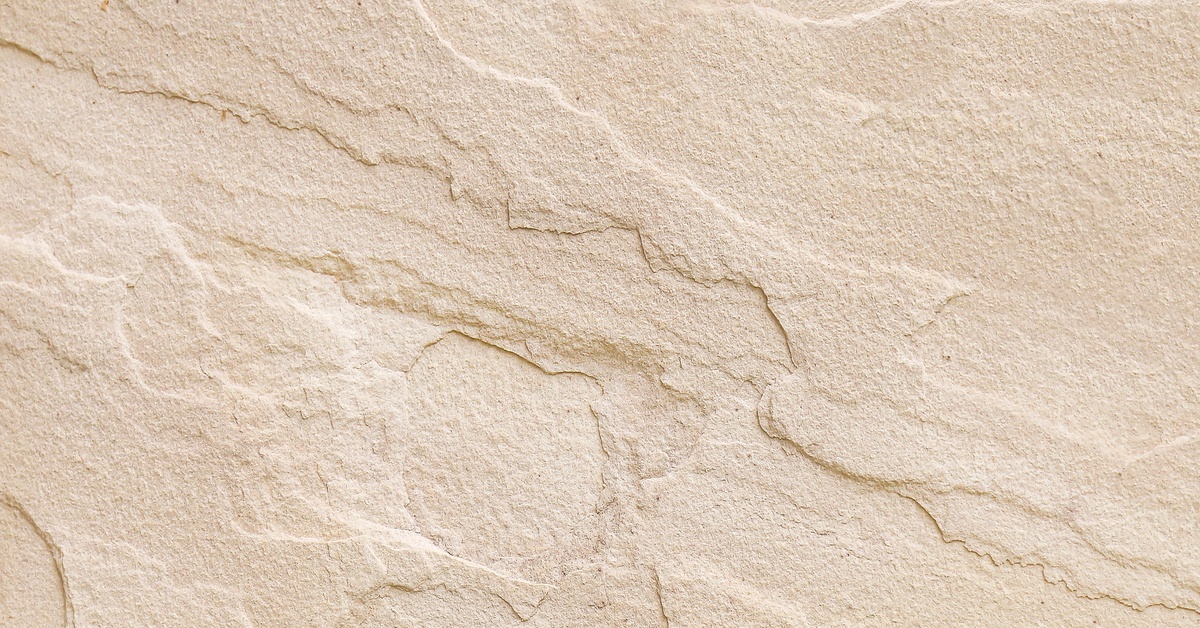
10 Common Pitfalls When Working With Natural Stone Materials
For professionals in the stone and tiling industries, working with natural stone materials is as much an art as it is a science. While granite, marble, quartz, quartzite, and porcelain offer unmatched beauty and durability, incorrect practices can lead to problems that waste time, materials, and money.
Here are ten common pitfalls to avoid when working with natural stone materials. These challenges often stem from not fully understanding the unique properties of each type of stone or the specific tools and techniques needed for cutting, sealing, and maintaining it.
1. Failing To Choose the Right Blade for the Material
One of the most common mistakes in working with stone is using the wrong blade for a specific type of material. Each type of stone has unique properties, and using a blade designed for another can cause serious problems. For example, quartz and granite require vastly different blades compared to marble, as their densities and textures significantly vary.
How To Avoid It
Invest in the correct diamond blade for the material you’re working with. Turbo blades often suit granite, while continuous rim blades are ideal for marble’s softer surface. Paying attention to blade features and manufacturer’s specifications is key to achieving precision.
2. Ignoring the Importance of Sealing
Not sealing porous natural stones, such as marble and granite, can result in permanent stains or water damage. Many also assume quartz doesn’t need sealing, but even engineered stones can develop issues if left unprotected.
Over time, spills, oils, or acidic substances can seep into unsealed surfaces, making cleaning and maintenance nearly impossible. Sealing acts as a protective barrier, extending the life and beauty of your stone surfaces while making them easier to maintain.
How To Avoid It
Always research the stone you’re working with to determine its porosity. Use a high-quality sealant to protect surfaces from stains and moisture. Products from brands like Stain-Proof by DryTreat are reliable and effective.
3. Skipping Accurate Measurements
Overlooking precise measurements or rushing through the layout phase can result in mismatched edges, uneven surfaces, and poorly aligned installations. Inaccuracy is particularly problematic for countertops and tile projects where precision is crucial for a polished and professional finish. Taking the time to measure accurately and plan thoroughly ensures the result not only looks great but also functions as intended.
How To Avoid It
Utilize measurement tools, such as laser markers, and ensure you double-check each dimension. Investing in the Sigma ceramic tile cutter and other precision tools can help you maintain clean results during tile installation.
4. Improper Handling of Heavy Stone Slabs
Mishandling heavy stone slabs can result in cracks, chips, or even serious accidents on-site, leading to costly repairs or delays. Often, mishandling occurs because professionals underestimate the weight and inherent fragility of certain types of stone, which require careful handling and proper tools to avoid damage.
How To Avoid It
Use the appropriate lifting equipment, such as suction cups or slab lifters, and always move slabs in an upright position to reduce stress on the material. Follow proper safety measures and wear protective gloves and boots.
5. Using Low-Quality Tools
Cutting corners by choosing cheap tools might seem cost-effective at first, but it often leads to poor results and higher long-term expenses. These tools tend to wear out much faster, requiring frequent replacements, and they can cause inconsistency or reduced quality in the work, ultimately costing more time and money.
How To Avoid It
Invest in high-quality, durable tools from trusted brands. These tools are precise, long-lasting, and provide professional-grade results.
6. Overlooking Edge Finishes
Neglecting to properly finish edges can result in sharp, unattractive, or uneven edges that not only detract from the overall beauty and aesthetic appeal of the stone but can also compromise its durability, safety, and functionality over time. Proper edge finishing is essential to ensure a polished, professional look and long-lasting performance.
How To Avoid It
Use specialized edge finishing tools, such as bullnose grinding wheels designed for precise tile edge finishing. Consider electroplated grinding wheels tailored to the material you work with for detailed work.
7. Incorrect Cutting Technique
Common cutting mistakes include applying too much pressure, cutting too quickly, or failing to properly support the stone during the cutting process. These errors may seem minor but can lead to significant issues such as chipping, cracking, or producing uneven edges. Taking the time to use the right techniques and tools can ensure a smoother, more precise cut and prevent unnecessary damage to the material.
How To Avoid It
Learn proper cutting techniques and always use the right equipment. For example, the Sigma NEX push tile cutter range is excellent for straight, clean cuts on tiles, while wet saws with water-cooling features reduce overheating and friction.
8. Misjudging the Stones’ Durability
Assuming that all stones are as tough and durable as granite is a common misconception that can result in improper handling and potential damage to more delicate materials. For example, marble and limestone, while beautiful and popular, are far softer and more susceptible to scratches, chips, and other forms of wear and tear.
Treating these materials with the same rough handling or cleaning methods as granite can compromise their structural integrity and diminish their appearance over time.
How To Avoid It
Each type of stone has unique characteristics. Marble requires gentler handling and softer blades, while quartzite may need more robust tools.
9. Neglecting Regular Maintenance
Often, many professionals overlook the importance of educating their clients about the necessary maintenance required to keep their natural stone installations in excellent condition. Over time, this neglect can result in wear and damage that could have been avoided, leaving customers dissatisfied and frustrated with the results.
How To Avoid It
Provide clear maintenance instructions, emphasizing regular cleaning with pH-neutral cleaners and resealing whenever necessary. Educating your clients ensures long-term satisfaction and boosts your reputation as a trusted professional.
10. Underestimating Safety Precautions
Failing to use proper protective gear or neglecting adequate site preparation during stonework can lead to a range of accidents and injuries. Without appropriate safety measures, workers are at risk of cuts, abrasions, or even more serious incidents, such as falling debris or exposure to harmful dust particles.
Securing the workspace and ensuring all tools are in good condition are essential to minimize these risks and create a safer environment for everyone involved.
How To Avoid It
Prioritize worker safety by providing essential protective equipment, such as goggles, gloves, and dust masks. Keep the tools well-maintained and ensure workspaces are clean and organized for efficiency and safety.
Elevating Your Craft and Avoiding Costly Errors
Making a name for yourself in the stone and tiling industry demands consistent quality and results. Avoiding the common pitfalls when working with natural stone materials is critical to maintaining standards and client trust. Small details can make or break a project, from using tools like the Sigma ceramic tile cutter for precision to educating clients on proper maintenance.
With the right tools, techniques, and knowledge, you can transform natural stone into stunning finishes that stand the test of time. Explore Detroit Diamond Tools for professional-grade products that help you avoid rookie mistakes and deliver exceptional results every time.


